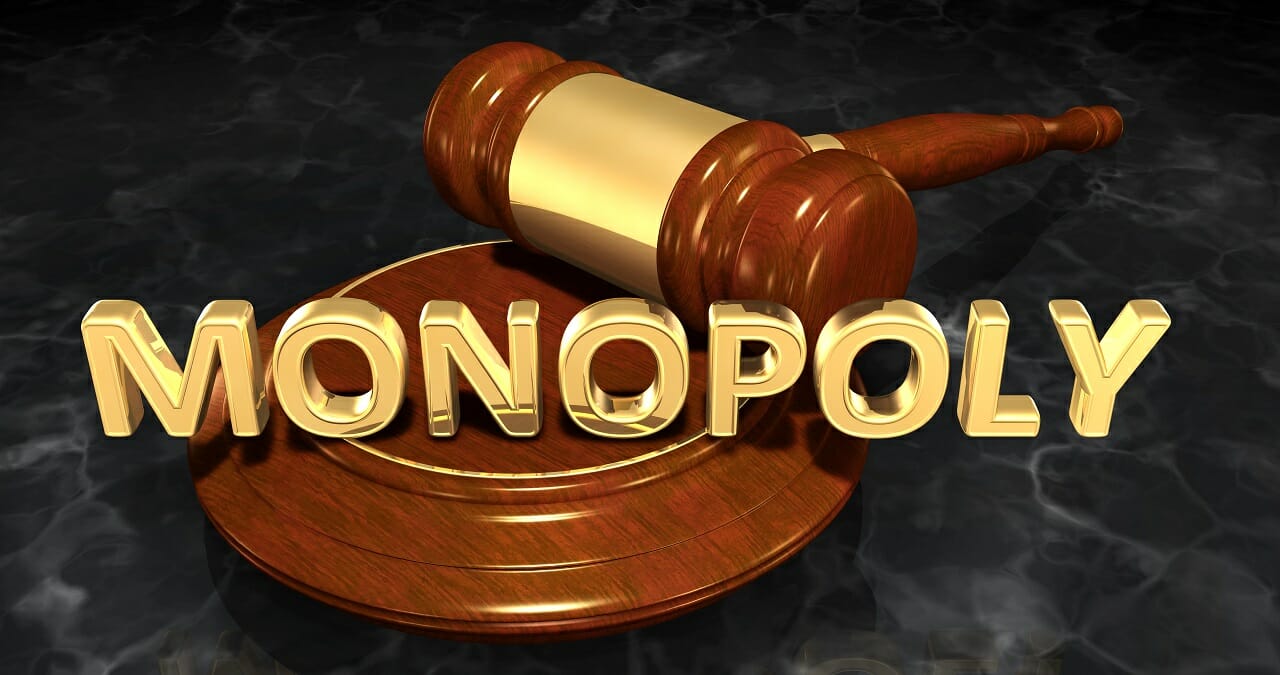


It also reduces enforcement costs, including costs associated with devising and policing remedies. Permitting conduct that likely creates at most an ability to exercise a minor degree of market power significantly reduces the possibility of discouraging "the competitive enthusiasm that the antitrust laws seek to promote" (15) and assures the majority of competitors that their unilateral actions will not violate section 2. Section 2's requirement that single-firm conduct create or maintain, or present a dangerous probability of creating, monopoly power serves as an important screen for evaluating single-firm liability. (14) Where monopoly power is acquired or maintained through anticompetitive conduct, however, antitrust law properly objects. (13) For this reason, antitrust law does not regard as illegal the mere possession of monopoly power where it is the product of superior skill, foresight, or industry. (12)Īlthough monopoly power will generally result in the setting of prices above competitive levels, the desire to obtain profits that derive from a monopoly position provides a critical incentive for firms to invest and create the valuable products and processes that drive economic growth. (11) Moreover, before subjecting a firm to possible challenge under antitrust law for monopolization or attempted monopolization, the power in question is generally required to be much more than merely fleeting that is, it must also be durable. Clearly, however, monopoly power requires, at a minimum, a substantial degree of market power. The Supreme Court has defined market power as "the ability to raise prices above those that would be charged in a competitive market," (8) and monopoly power as "the power to control prices or exclude competition." (9) The Supreme Court has held that "onopoly power under § 2 requires, of course, something greater than market power under § 1." (10) Precisely where market power becomes so great as to constitute what the law deems to be monopoly power is largely a matter of degree rather than one of kind. Market power and monopoly power are related but not the same. Thus, a small degree of market power is very common and understood not to warrant antitrust intervention. Virtually all products that are differentiated from one another, if only because of consumer tastes, seller reputation, or producer location, convey upon their sellers at least some degree of market power. Economists say the dry cleaner possesses market power, if only to a trivial degree. (6) For example, the unique location of a dry cleaner may confer slight market power because some customers are willing to pay a little more rather than walk an extra block or two to the next-closest dry cleaner.

In our economy, few firms are pure price takers facing perfectly elastic demand. Market power is a seller's ability to exercise some control over the price it charges. Drawing on lessons from the hearings, along with existing jurisprudence and economic learning, this chapter discusses the Department's view on appropriate assessment of monopoly power in enforcing section 2. Accordingly, it is important to determine when monopoly power exists within the meaning of section 2.Īn understanding of monopoly power helps in crafting appropriate antitrust policy towards single-firm conduct. It significantly reduces the possibility of discouraging "the competitive enthusiasm that the antitrust laws seek to promote," (5) assures the vast majority of competitors that their unilateral actions do not violate section 2, and reduces enforcement costs by keeping many meritless cases out of court and allowing others to be resolved without a trial. This monopoly-power requirement serves as an important screen for evaluating single-firm liability. (3) As discussed in chapter 1, the mere possession of monopoly power does not violate section 2. (1) The possession of monopoly power is an element of the monopolization offense, (2) and the dangerous probability of obtaining monopoly power is an element of the attempted monopolization offense. Monopoly power can harm society by making output lower, prices higher, and innovation less than would be the case in a competitive market. Return to Table of Contents Chapter 2 MONOPOLY POWER For an official signed copy, please contact the Antitrust Documents Group.
#MONOPOLY EXAMPLES PDF#
To view the PDF you will need Acrobat Reader, which may be downloaded from the Adobe site. This document is available in two formats: this web page (for browsing content) and PDF (comparable to original document formatting).


 0 kommentar(er)
0 kommentar(er)
